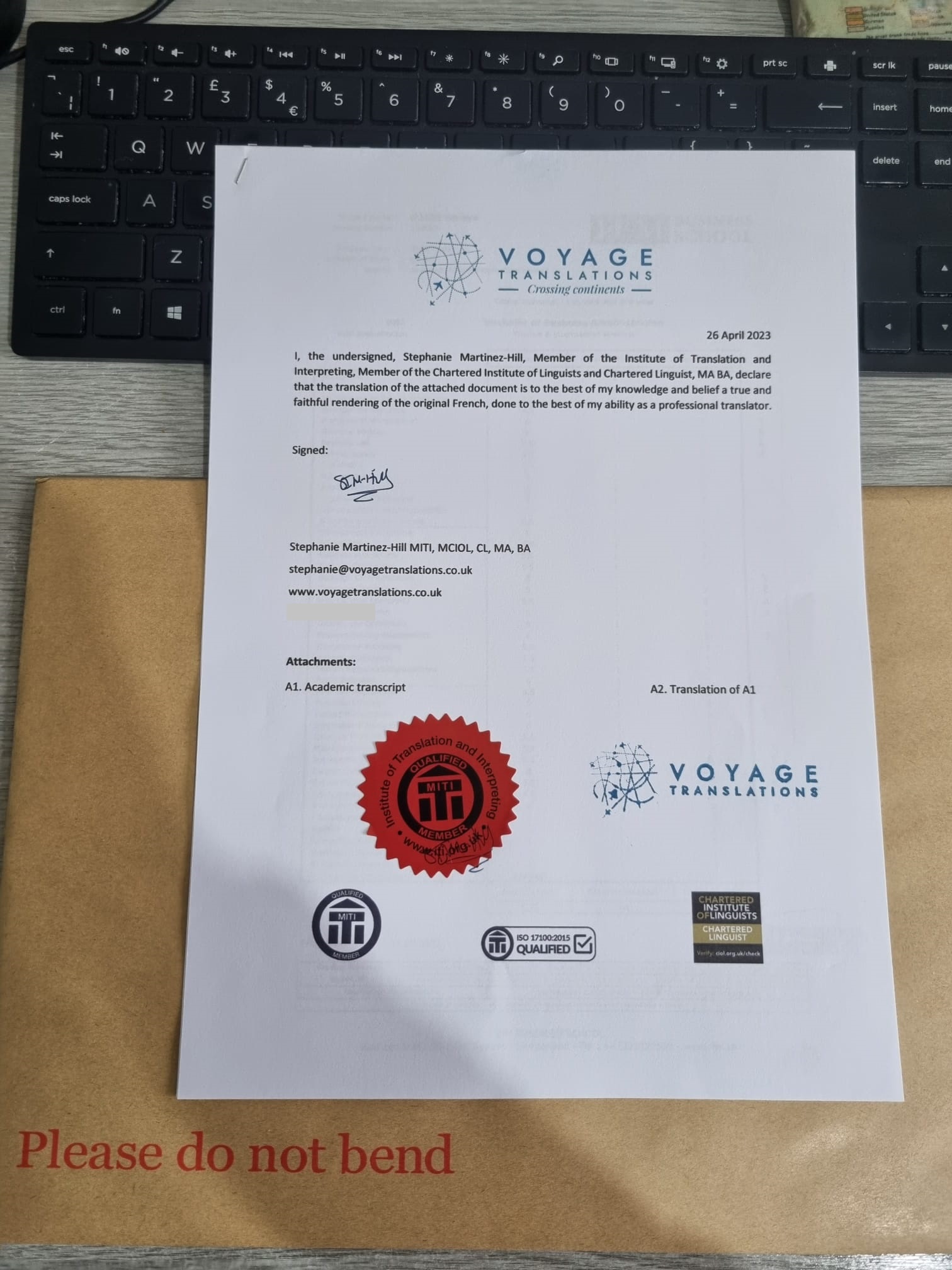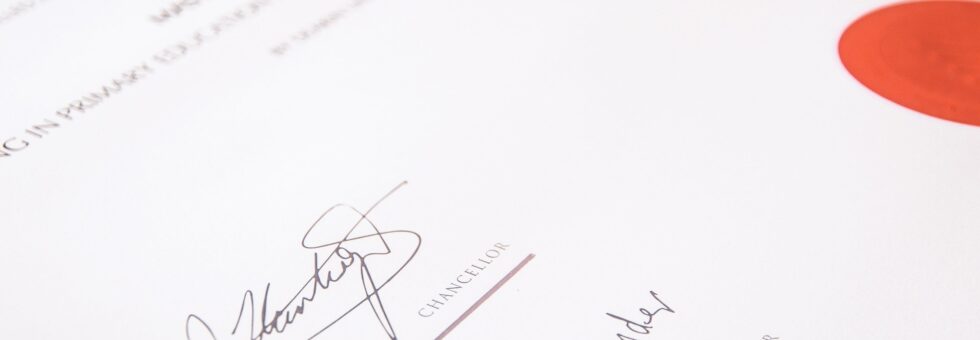Certified Translation Services
Have you been told that you need a certified translation of a document? Well you’ve come to the right place! I provide certified translation services from French and Spanish into English.
What type of documents need certifying?
Some types of documents will require a certified translation, particularly when being used as part of an official administrative or governmental procedure, e.g. applying for a passport, immigration cases or applying for certain licences. You will be made aware if you need a certified translation and one is usually required when translating the following documents:
- Birth certificates
- Death certificates
- Marriage certificates
- Divorce certificates
- Criminal record checks
- Driving licences
I recommend checking whether you definitely need a certified translation as it will save you time and money if you don’t need this extra step.
If you have been told you need a legalised/apostilled, notarised or sworn translation, read more about the differences between them on the Institution of Translation and Interpreting website.

What is a certified translation how is it different to a normal translation?
When you’ve been asked to provide a certified translation, a straightforward translation isn’t enough; it also needs to contain the following:
- There will be an official seal from the ITI (Institute of Translation and Interpreting) or a stamp indicating the translator is a member of the CIOL (Chartered Institute of Linguists). These are the two official UK bodies that accredit translators.
- The next page will contain a printout of the original documents, followed by the translations. Each page will be itemised, initialed and dated.
- It is the hard copy which is considered the official certified translation, but many clients also request a digital copy. This will be a scanned copy of the signed document and will contain the cover sheet and signed pages.

How long does a certified translation take?
It all depends on the length of the document, how legible it is (some documents are handwritten) and how much formatting is required. Remember that all documents will need to be scanned in and posted, which all add on extra time. You can expect to receive the soft copy when it has been completed, then the hard copy a few days later in the post.
How do I find a certified translator?
The best way to find a certified translator is to search the ITI or CIOL directories.
On the ITI website in the Find a professional section, after inputting the relevant language combinations you’ll find a list of accredited translators under the ‘All Members are ITI assessed’ section. They will have the ‘ITI assessed’ icon in their profile and have the letters ‘MITI’ or ‘FITI’ after their name, indicating that they are a full Member of the ITI or a Fellow, respectively. In the CIOL directory, look for a Member in the Membership Grade column.

How will I receive my certified translation?
The official certified translation will be the printed copy so you will receive it by post. I post my certified translations First Class in a hardback envelope to ensure they arrive safe and sound at your door. Many people also require a digital copy too for safekeeping, so I provide that as well and e-mail it to you on the day it is ready.
Certified translations from French to English or Spanish to English
Navigating all the red tape around government paperwork can be stressful. Knowing you have an experienced certified translator taking care of the translation element means there’s one thing less for you to worry about. If you need certified translations from French to English or Spanish to English, then drop me a line to discuss your needs.



